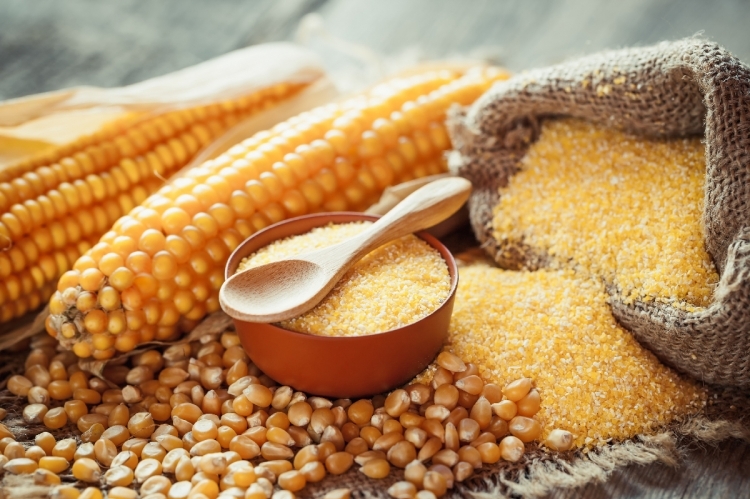Mycotoxin Testing - General Context
Mycotoxin testing in feed and food is an absolute requirement due to the potential health risks associated with mycotoxin contamination. Mycotoxins are toxic secondary metabolites produced by fungi that can contaminate crops and animal feed, leading to health risks for humans and animals. The presence of mycotoxins in food and feed can cause a wide range of health problems, including acute toxicity, cancer, and immune system suppression.
There are several examples of mycotoxins that are commonly found in food and feed products, including aflatoxins, deoxynivalenol (DON), zearalenone (ZEN), and ochratoxin A (OTA). Aflatoxins, produced by Aspergillus fungi, are a major concern in crops such as peanuts, corn, and cottonseed. They are classified as carcinogenic and can cause liver damage in humans and animals. DON and ZEN, produced by Fusarium fungi, are commonly found in grains such as wheat, barley, and maize. They can cause vomiting, diarrhea, and immune system suppression in animals. OTA, produced by Aspergillus and Penicillium fungi, is found in a variety of food products, including coffee, wine, and dried fruit. It is classified as a possible human carcinogen and can cause kidney damage in animals.
The presence of mycotoxins in food and feed products is regulated by government agencies around the world. For example, the European Union (EU) has established maximum levels for mycotoxins in food and feed products. Failure to comply with these regulations can result in product recalls, fines, and damage to the reputation of the food and feed producer.
In conclusion, mycotoxin testing in feed and food is an absolute requirement to ensure the safety and quality of these products. The potential health risks associated with mycotoxin contamination make it imperative that food and feed producers test their products for mycotoxins before they are distributed to the public. Failure to do so can result in serious consequences for both the producer and the consumer

